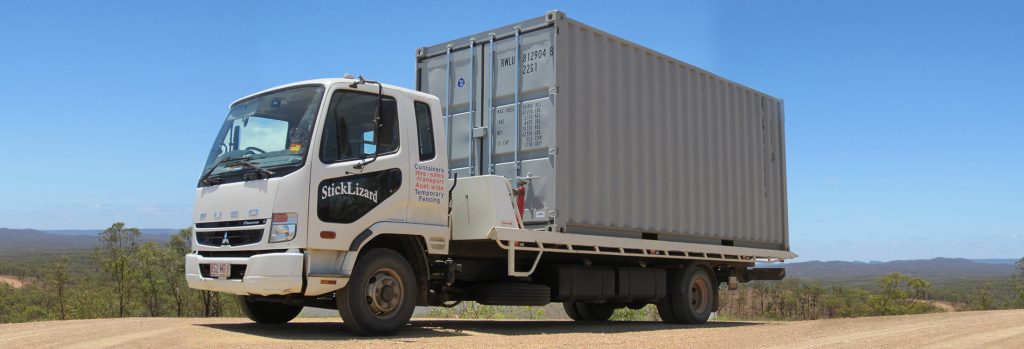Are you looking to buy or lease a container? If so, you must be aware of what you’re getting into. This article will outline common mistakes made when handling containers and how to avoid them, as well as how to find a reliable supplier like SCF containers for shipping containers and other relevant information about these versatile items.
Buying versus Hiring
The two main options are to buy a container or to hire one. With renting, you can save money and still be able to return the container at a later date, but it may not prove as cost-effective as purchasing. The expense involved in buying a shipping container is more than first meets the eye – there are registration fees and customs declarations to contend with. This can make hiring an even cheaper option than buying.
Getting the Right Container
To buy or hire a shipping container, several specifications must be met to ensure it fits the purpose. When purchasing a container, it is essential to look at the BIC code of that container. The first two letters are known as the country code, which you can use to guide your choice of supplier based on where you need the container. Furthermore, the BIC code of a shipping container indicates its size and capacity.
Buying Two is Often Cheaper than One
If you want to buy two 20-foot containers that have been retired from service, the total cost will generally be higher than if you bought just one 40-foot container – even though they both have the same stated capacity.
The ‘Inspect & Test’ Option
It’s not just the container you need to inspect but also the fittings and equipment included with it. Some containers have been deemed unfit for further service and are sold at a discount. The fittings and fixtures may still be okay, giving you an excellent opportunity to get good value for money.
Getting the Right Documentation
In Australia, getting the correct documentation is one of the most important things when buying or hiring a shipping container. Firstly, you need to ensure the container is suitable for use as a residence and deemed fit for this purpose.

The Value of a Shipping Container
Shipping containers decrease in value over time. The older the container, the less its resale value will be. Most leasing companies will only take on a container that is ten years old, while some stipulate that it must be seven years old or less. This means you should expect to get less for a shipping container if you’re selling it second-hand, as if you bought it brand new.
Find a Reliable Supplier
Several reliable suppliers accept and deliver containers both to and from Australia. To find the perfect container for your needs, ask the supplier for references and contact other customers they’ve worked with. You could even tour the container yard to consider the options. If a company can’t provide satisfactory answers, consider looking elsewhere.
Getting Certified
In addition to registering your shipping container, you may also want it certified by an accredited clearing agent or SAGC (Specialised Freight Container Association). If you decide to go down this route, paying an annual maintenance fee will be necessary based on the number of times the container has been used.
Fees, Taxes, and Insurance
When buying or hiring a shipping container, you need to pay a rental fee for each rental. You’ll also be liable for GST, which will vary depending on the location of your shipping container. The tax payable amount depends on the cargo being loaded or transported in your shipping container.
Do Your Homework
If you want to purchase a shipping container, do your homework. Consider the size, capacity, and most important features before deciding on a specific type of container. As mentioned above, containers are sometimes sold with fittings and fixtures deemed unfit for further service.
Conclusion
Shipping containers are an excellent source of passive income, but they can vary enormously in terms of what you can and cannot do with them. Some may have been used for storage, SCF containers are only suitable for commercial use, while others have been hired out by their owners during the off-season. The best way to find a container right for you is to find other people who have already bought one and ask them questions.


